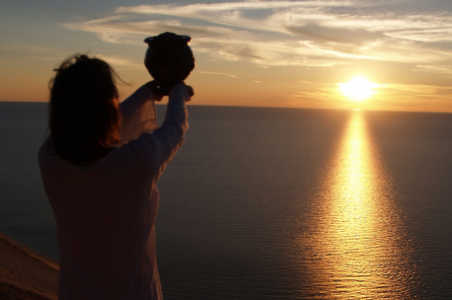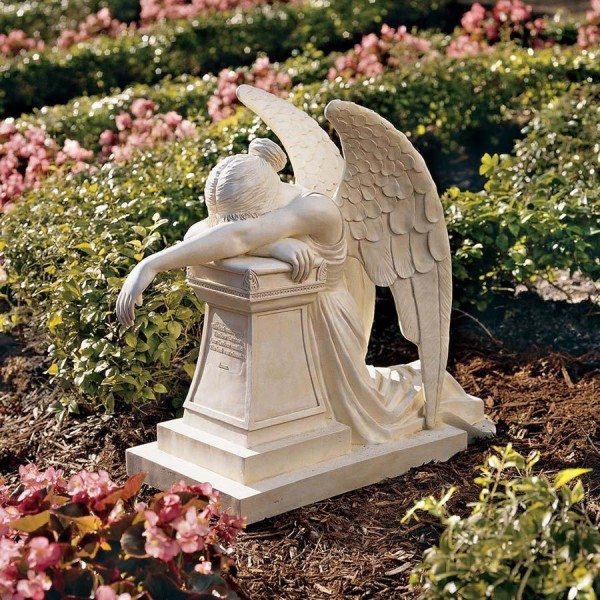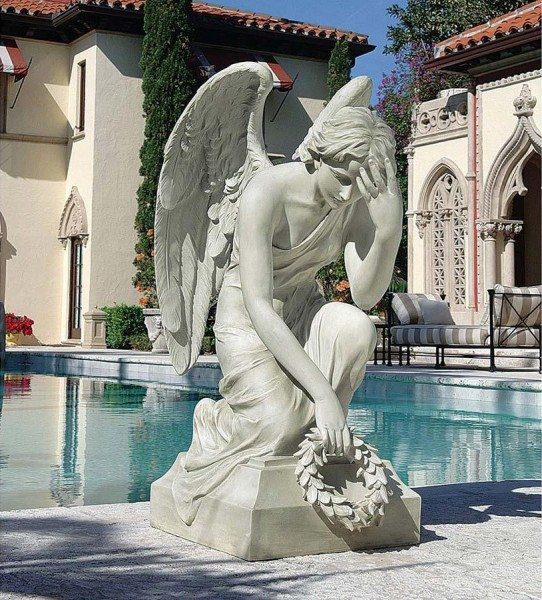
Catholic cremation is a divisive topic within the Catholic Faith community because not many people understand the Church’s teachings on it. When a loved one passes away, it is up to surviving family members to make arrangements regarding what to do with the remains and cremation may come up as a possible option.
Let’s examine the advantages and disadvantages of Catholic cremation and what the Church says about it.
Why Do People Choose Cremation?
There are different reasons why people prefer cremation over traditional burials. The following are the most common reasons:
More economical
Some people choose cremation because it is more economical compared to the traditional burial. Unlike traditional burials, cremation does not require a coffin or burial plot. In the United States, the average traditional funeral can cost between $8,000 to $15,000 and sometimes even more whereas cremation costs only from $1,000 to $2,000.
Less time-pressured
A burial requires a more urgent time frame because the remains of the deceased might decompose if the funeral arrangements are not made on time. Cremation, on the other hand, is a less time-pressured option and the memorial services are more flexible and may be planned after the process is completed without an urgent time frame.
Better portability
Cremation is a practical option if ever the deceased lived away from his loved ones. If this is the case, the surviving family members will need to transport the remains and cremation is a more convenient and economical choice in terms of portability.
More eco-friendly
While cremation is not totally safe for the environment (because it still requires burning fossil fuels), it is relatively more eco-friendly compared to burials. Traditional burials require permanent plots of land and some of the hazardous chemicals used for embalming are at risk of contaminating the water table.
What the Catholic Church Says About Cremation
Since 1963, the Catholic Church has allowed cremation as a means of laying a departed loved one to rest but this was not always the case. Historically, the Church prefered a traditional burial over cremation because of the fundamental Christian belief in the resurrection of the dead and the dignity of our bodies. For these reasons, burning was not considered acceptable treatment of the human body.
In recent times, however, a number of practical concerns began to arise regarding traditional burials. One major consideration was money. In certain places in the world, buying a plot of land costed exorbitant amounts of money which made it nearly impossible for some Catholics to buy burial plots. The Catholic Church has modified its stance to accommodate the changing needs of the people. The Vatican’s Decree on Popular Piety and the Liturgy in 2001 describes cremation as “a contemporary phenomenon in virtue of the changed circumstances of life.”
Catholic cremation is mentioned twice in the current Code of Canon Law. Canon 1176.3 emphasizes that the Church recommends traditional burials but that that it does not forbid cremation unless the reasons behind it goes against Christian doctrine. Canon 1184.1 no. 2 mentions that ecclesiastical funerals cannot be granted to those whose reasons for cremation goes against Catholic Faith teachings.
Can Ashes of the Deceased Be Scattered? NO.

Although the Catholic Church allows us to choose cremation, we must be aware of the things that we can and cannot do especially regarding the ashes of our departed loved one. For example, it has become increasingly common for people to scatter the ashes in the sea or some place that holds sentimental significance to the family. Is this acceptable in the Catholic Faith? The simple answer is no.
The Congregation for the Doctrine of the Faith recently issued updated guidelines regarding what can and cannot be done to the ashes of deceased loved ones. One of the guidelines include keeping the ashes intact after cremation.
Simply put, ashes should not be separated or scattered and they must be contained in an appropriate vessel in an appropriate place like a church or cemetery. Only a bishop is allowed to authorize exceptions to this storage requirement.
This guideline goes back to the fundamental Catholic doctrine of resurrection and that we must treat our bodies with utmost respect. Scattering ashes promote heretical ideas that are dangerous especially from a faith context. Some people think scattering of ashes allow departed loved ones to “fuse” with nature or as a form of liberation. This outlook overlaps with pagan ideals and are far from Catholic.
By choosing cremation the deceased's body is physically altered but it does not prevent the person's soul from entering heaven and it does not prevent the Lord from raising up the deceased body to new life.
Key Points to Remember
- The ashes must be contained in a vessel.
- The remains must be laid to rest in a cemetery or sacred place. They cannot remain at your home.
- The remains must stay intact and not scattered.
- The remains cannot be used as memento such as used in jewelry.
The Catholic Church certainly allows us to choose cremation over a traditional burial and having this freedom is important given today’s changing norms and especially with regards to practical concerns. However, as in all things, we must exercise this freedom responsibly by keeping our faith at the heart of our decision and always upholding our basic religious convictions.







I do NOT agree with these “rules at all. I believe these rules are just all about money. There are less and less actual burials these days due to cost as well as the use of land. I believe Ashes to ashes dust to dust We come from the earth and return to the earth. I see as well as many many other people nothing wrong with scattering loved ones ashes in the ocean or their favourite place whether it be a park or their own backyard. I also know of people who have put some of their parents ashes in jewellery so they can keep their loved ones with them always. I think that is beautiful!!